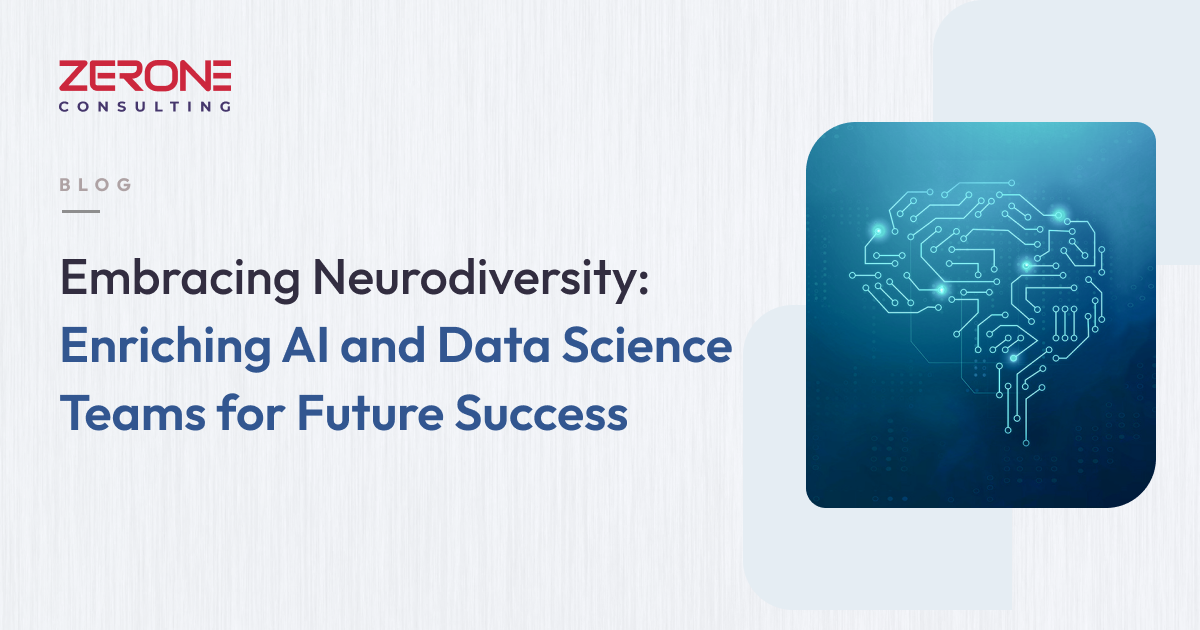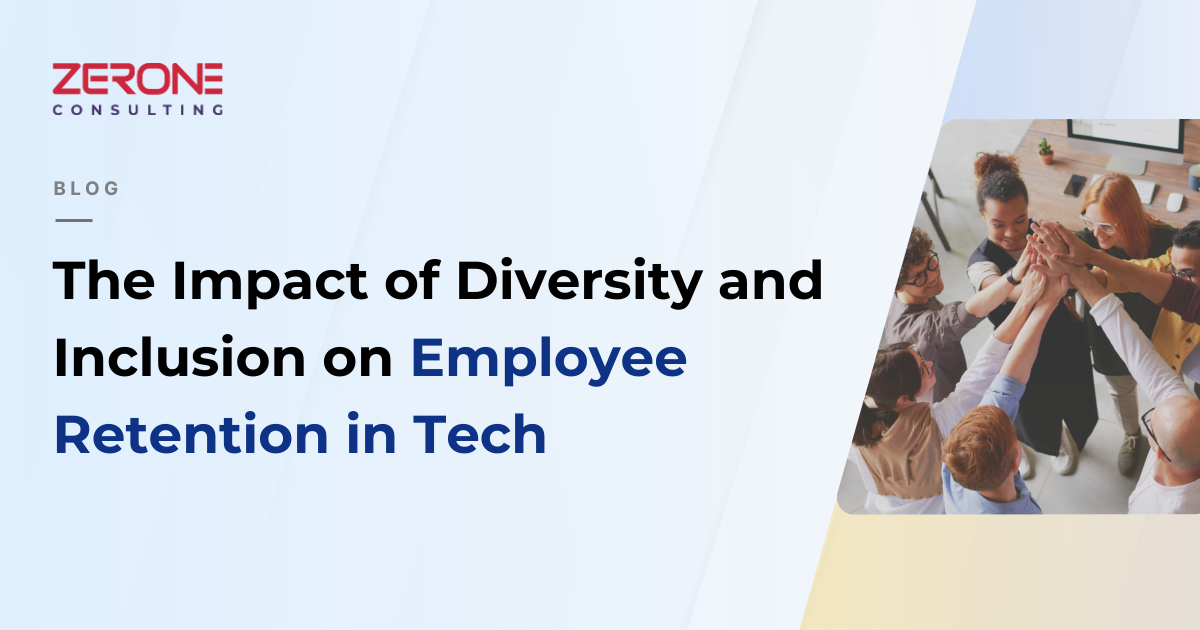Embracing Neurodiversity: Enriching AI and Data Science Teams for Future Success
In a world where technology is constantly evolving, one resource remains largely untapped, promising significant advancements — neurodiversity. One in seven people worldwide are estimated to be neurodivergent, according to the World Health Organization. This signifies a vast pool of unique cognitive abilities and distinct thinking styles that can prove crucial for the intricate demands of AI and data science.

Neurodiversity is a concept that acknowledges and respects neurological variations, almost akin to how we appreciate diversity in abilities, ethnicity, and culture. For far too long, the tech sector has overlooked this diversity, but that is changing rapidly. As a society, we are gradually realizing that people across the neurodiverse spectrum, including conditions like ADHD, autism, and dyslexia, possess unique abilities that can drive innovation and problem-solving.
Neurodiversity and Technology: A Harmonious Intersection
The bond between neurodiversity and technology is not merely coincidental; it is a harmonious intersection. Neurodiverse individuals often exhibit heightened abilities for pattern recognition, detail orientation, and sustained focus, which are critical attributes for excelling in AI and data science. They offer a unique perspective that can lead to innovative solutions, driving breakthrough developments.
Take Temple Grandin, for instance. This individual with autism leveraged her unique cognitive abilities to revolutionize livestock handling systems with her innovative designs, demonstrating the potential of neurodiverse minds.
Amplifying Innovation through Neurodiversity
The impact of neurodiversity goes beyond the success of individual contributors. The collective inclusion of neurodiverse individuals within teams can considerably amplify creative output and problem-solving capacities. Harvard Business Review conducted a study revealing that teams incorporating neurodiverse members significantly outperformed their neurotypical counterparts, exhibiting a 30% increase in innovation.
In the realm of AI and data science, where innovation and creative problem-solving are of paramount importance, these findings are revolutionary. Neurodiverse teams bring fresh perspectives that challenge conventional thinking, inspiring groundbreaking algorithms, innovative data analysis techniques, and transformative AI technologies.
Dispelling Myths, Embracing Facts
Despite the compelling evidence supporting the power of neurodiversity, challenges and misconceptions persist. The supposed lack of social skills or adaptability often attributed to neurodiverse individuals hinders their full inclusion. However, these are gradually being dispelled. Research from Stanford University revealed that while neurodiverse individuals may interact differently, they often bring enhanced perspective-taking and problem-solving abilities to their teams.
Supportive Environments: A Prerequisite for Progress
To effectively harness the potential of neurodiverse talent, we need more than mere tolerance. We need to cultivate environments that support, understand, and accommodate these unique minds. This involves employing practical tools such as noise-cancelling apps for those sensitive to auditory stimuli, visual organizers for individuals who process information visually, and developing internal support networks.
Microsoft’s Autism Hiring Program is a shining example of these principles in action. By aligning its hiring and workplace practices to the needs of neurodiverse individuals, Microsoft has fostered an inclusive work environment that has driven innovation within the company.
Looking Ahead: The Future of Neurodiversity in AI and Data Science
The future of AI and data science is intertwined with neurodiversity. A Gartner report predicts that companies actively employing neurodiverse individuals are expected to outperform their competitors by 20% in terms of innovation by 2024. This clearly indicates that embracing neurodiversity is more than a societal responsibility; it is a strategic imperative for technological progress.
The Time to Act is Now
As industry leaders, we are at an exciting juncture. We have the opportunity - and the responsibility - to harness this potential and shape the future of technology. Ignoring neurodiversity is no longer an option; it is a vast resource waiting to be tapped. By dismantling barriers and creating spaces where neurodiverse individuals can thrive, we can unleash a wave of innovation that propels AI and data science to new heights. It is a journey filled with challenges, but the rewards are transformative. As we stand on the brink of this frontier, one thing is clear: the time to act is now .
References:
1: "Neurodevelopmental disorders", WHO
2: "Neurodiversity as a Competitive Advantage", HBR
3: "The Strengths of People With Autism: An Autism Benefit Perspective", Journal of Autism and Developmental Disorders
4: "Microsoft Autism Hiring Program aims to attract diverse talent", Microsoft News
We can help!
The Green Revolution: A Tale Of Technology Giants Striding Toward Sustainability
#Customapplicationdevelopment
Harnessing The Power Of Diversity And Inclusion For Employee Retention In Tech
#Customapplicationdevelopment
Streamlining Software Development: From Proof Of Concept To Continuous Learning
#Customapplicationdevelopment



